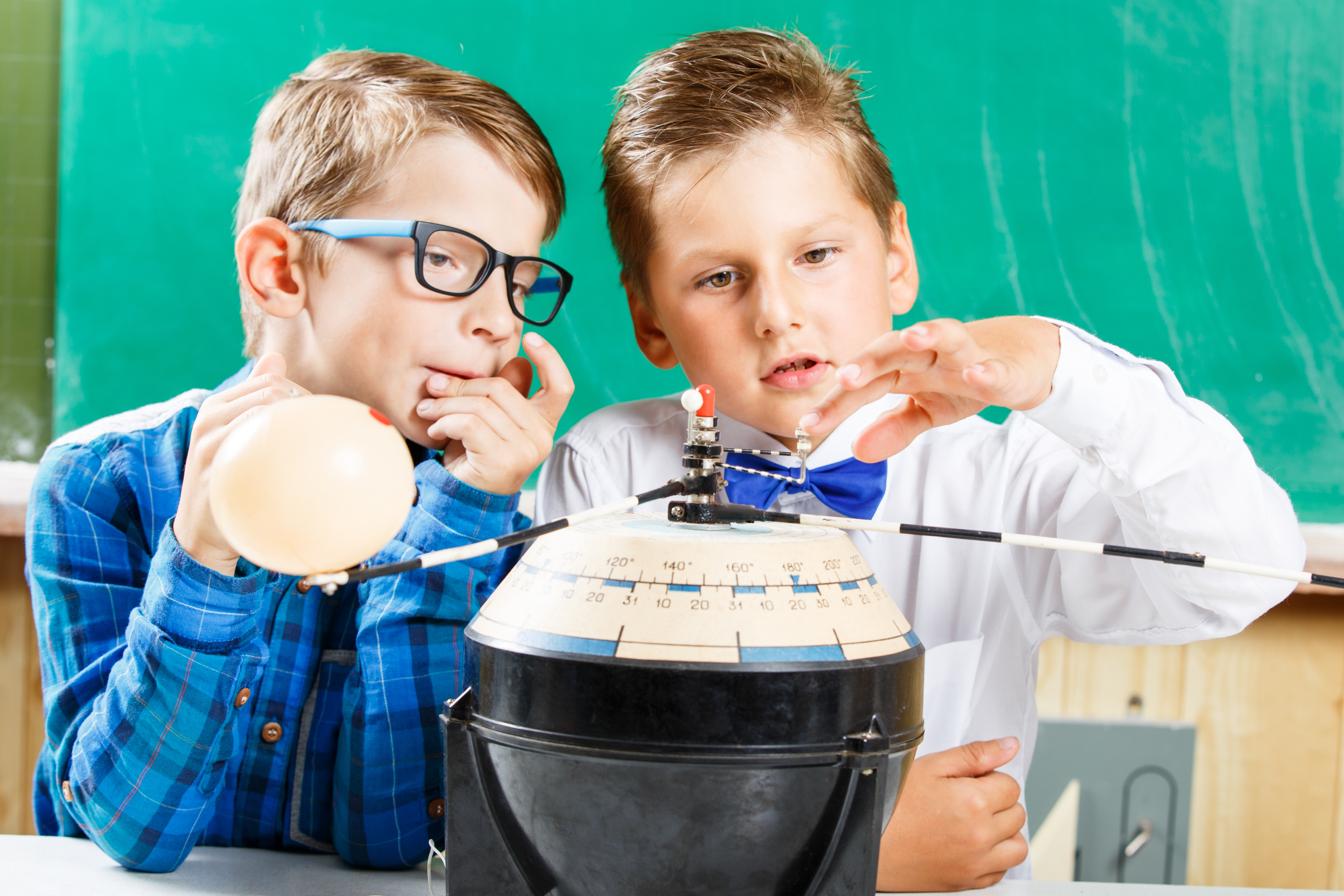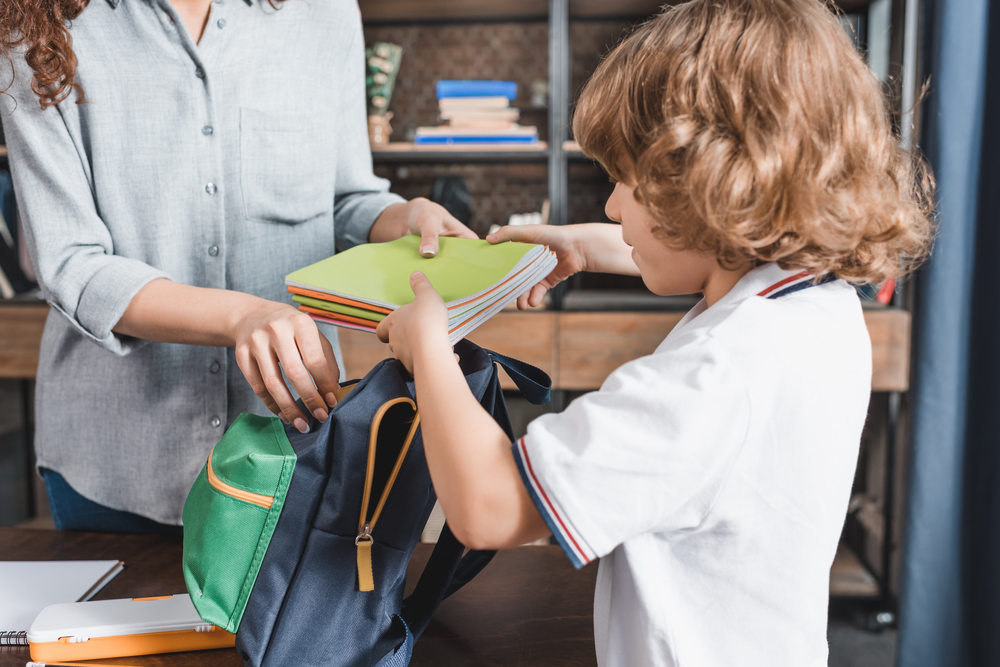Categorization skills Normal Worksheets for Ages 7-8
6 filtered results
-
From - To
Enhance your child's learning with our Categorization Skills Normal Worksheets tailored for ages 7-8. These engaging worksheets are designed to help young learners develop essential categorization skills through fun and interactive activities. Kids will sort items based on various attributes, enhancing their understanding of similarities and differences. Our printable worksheets cover a variety of themes to keep your child excited while learning. Perfect for reinforcing classroom lessons or as home learning activities, these resources foster critical thinking and promote cognitive growth. Ideal for early grade educators and parents alike, our worksheets provide a foundational tool that supports your child's educational journey.
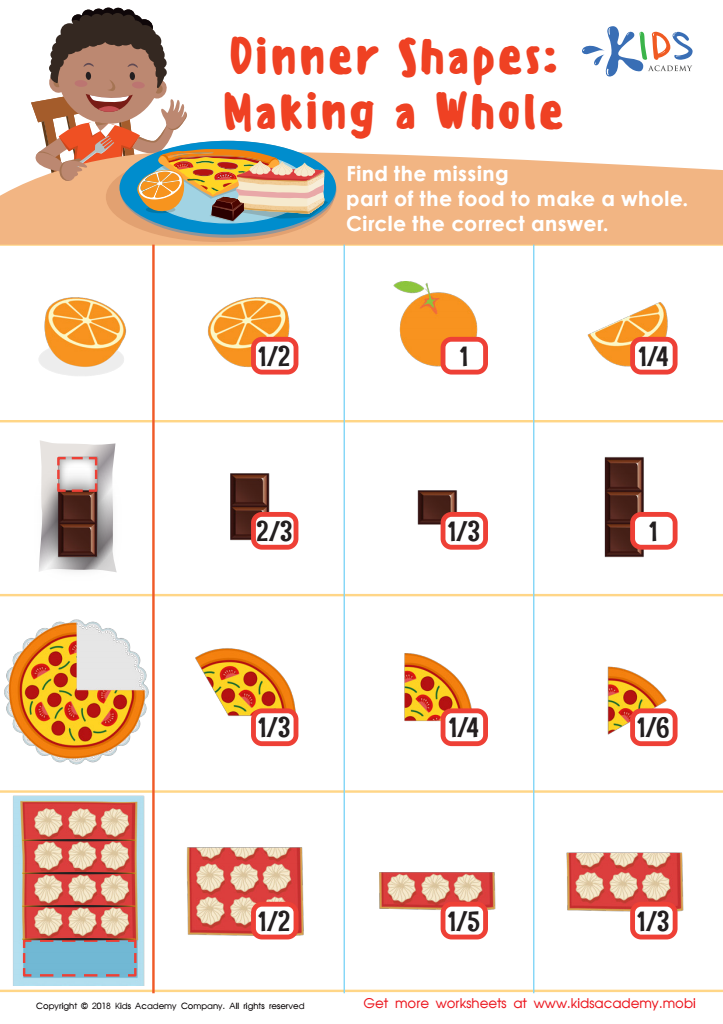

Dinner Shapes: Making a Whole Worksheet
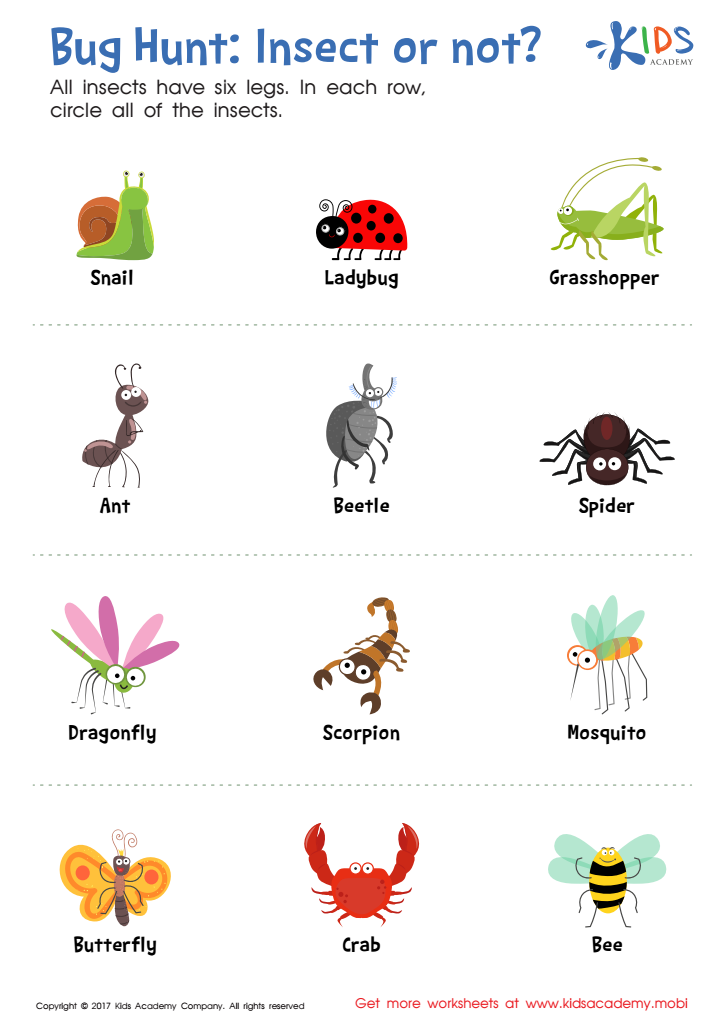

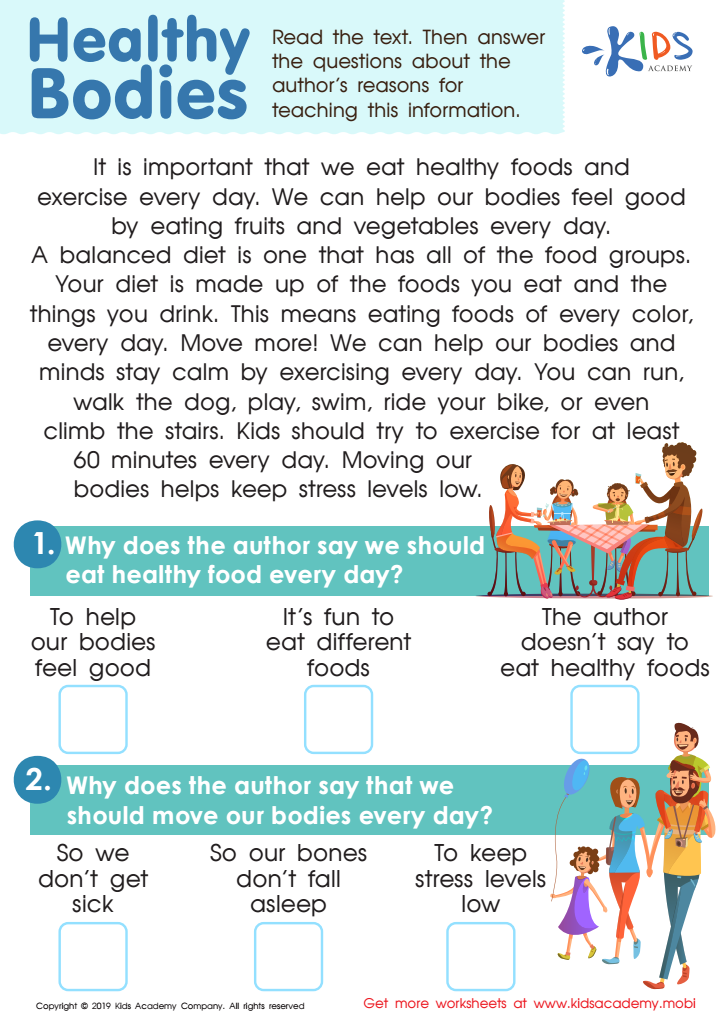

Healthy Bodies Worksheet
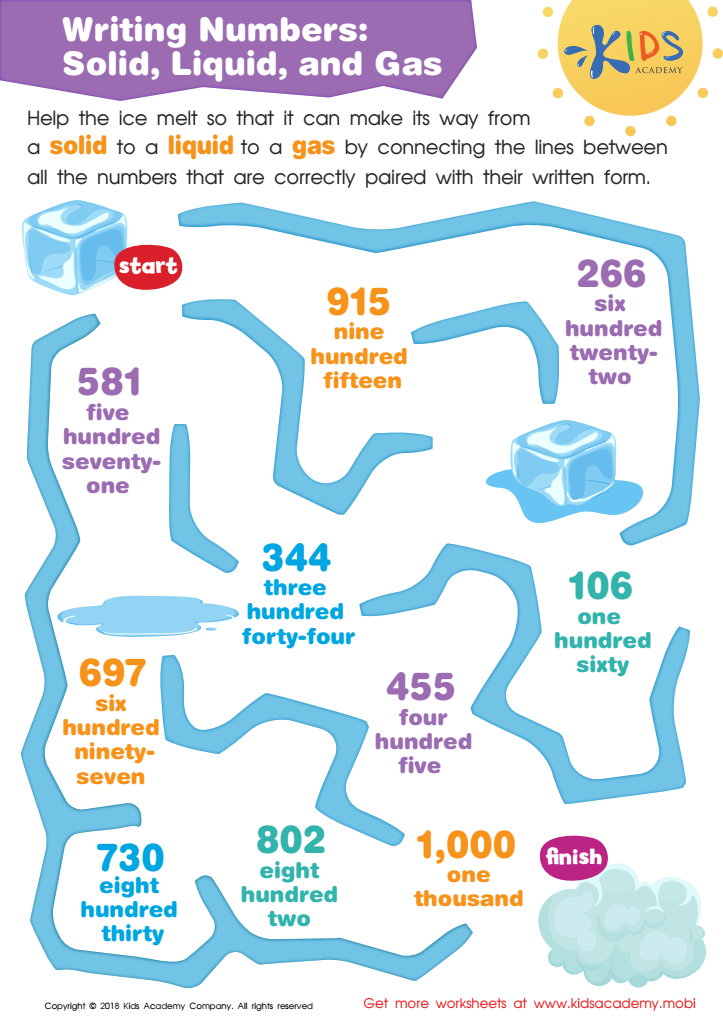

Solid, Liquid, and Gas Writing Numbers Worksheet


Logic Game Sorting Worksheet
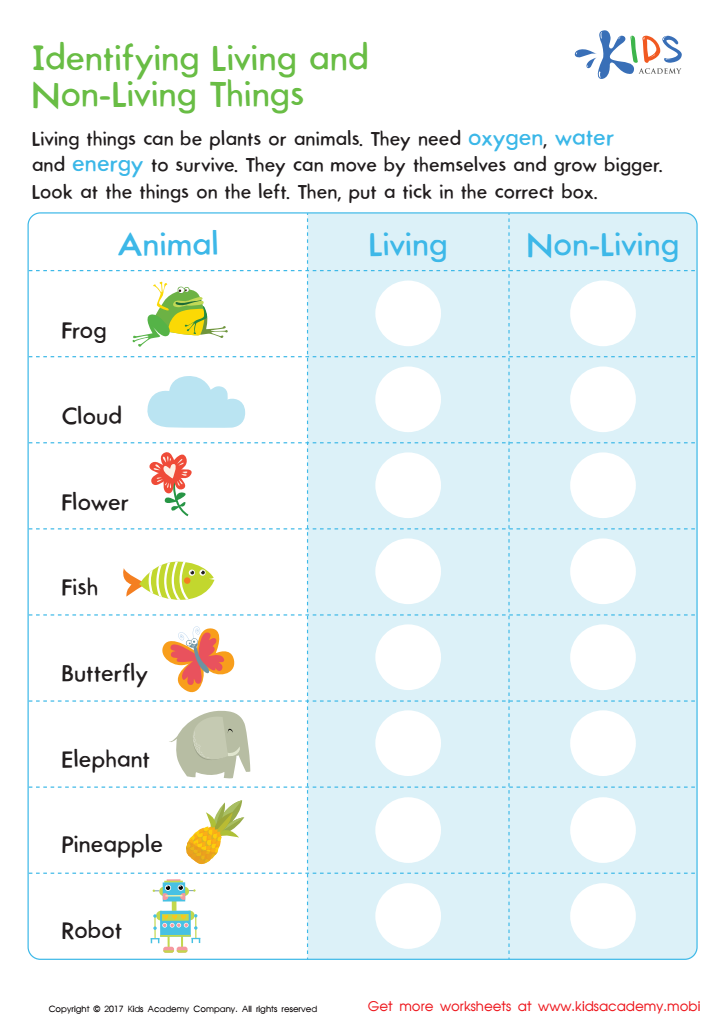

Identifying Living or Non–living Worksheet
Categorization skills are crucial for children aged 7-8, as they enhance critical thinking and cognitive development. At this age, children are beginning to apply more complex reasoning in their academic work and everyday activities. Strong categorization skills enable them to group items based on shared characteristics, which is vital for subjects like math, science, and language arts.
By mastering these skills, children learn to make connections and distinctions that aid in problem-solving and comprehension. For example, in science, categorizing animals as mammals, reptiles, or birds fosters a deeper understanding of biological classification. In language, identifying nouns, verbs, or adjectives supports literacy development and writing skills.
Additionally, categorization aids social development. Children who can classify objects and concepts often excel at conflict resolution, as they can recognize similarities and differences in perspectives. These skills foster empathy and collaboration, both essential for personal relationships and teamwork.
Parents and teachers play a pivotal role in nurturing children’s categorization skills through engaging activities like sorting games, scavenger hunts, and categorization exercises. By emphasizing this foundational skill, they prepare children to navigate complexities in academic and social environments, ultimately supporting their overall development and success.
 Assign to My Students
Assign to My Students



